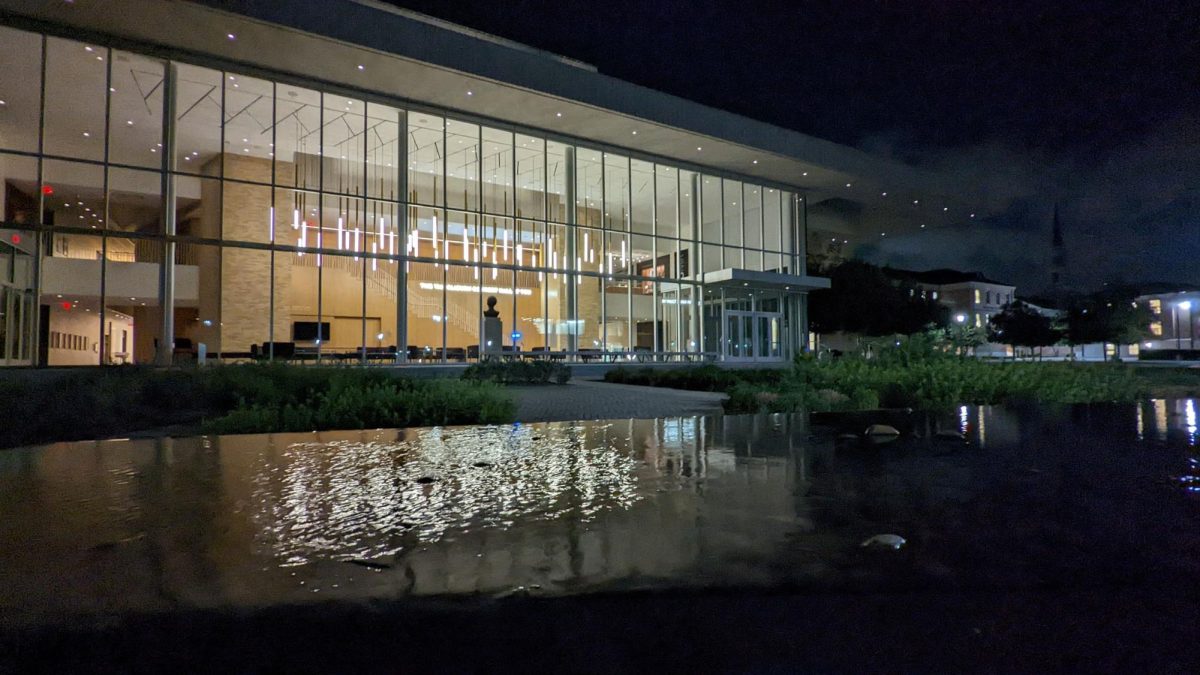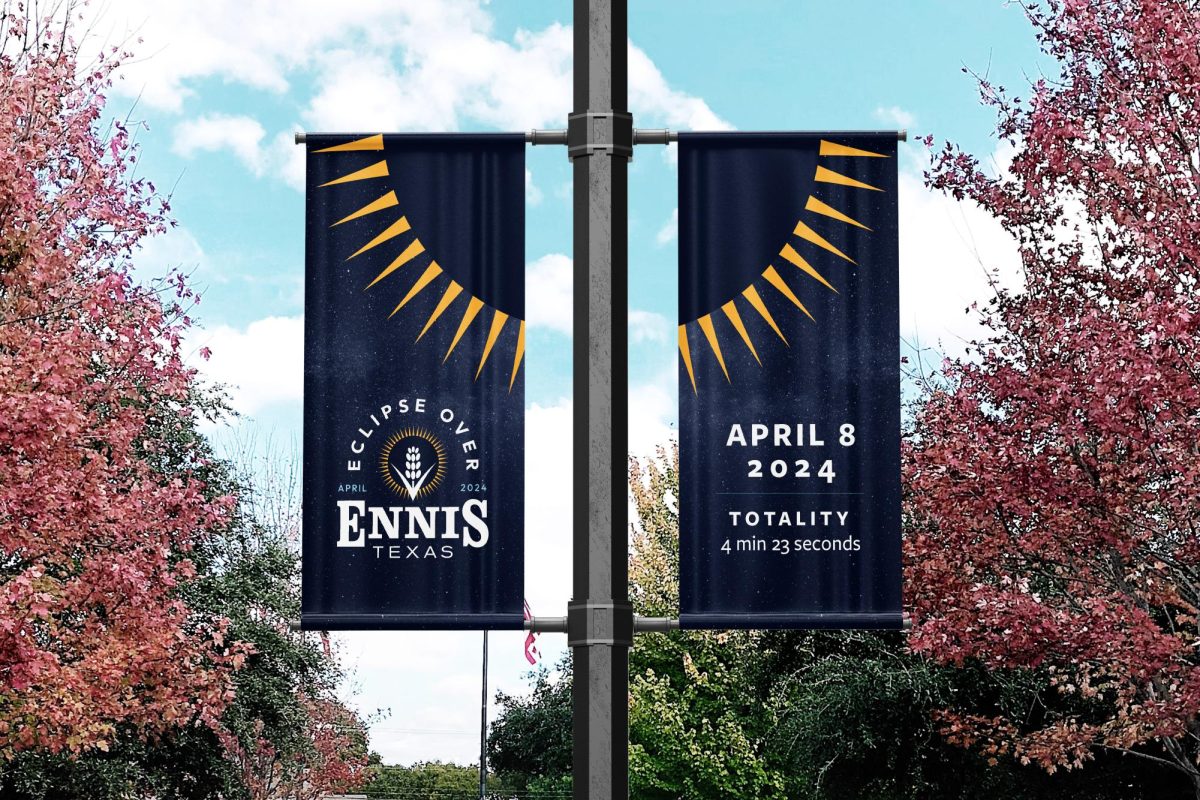When it comes to religion, and Judaism in particular, the bottom line is brand loyalty, said Rabbi Ralph Mecklenburger of the Beth-El Synagogue.
The 109’s two Jewish congregations, the Ahavath Sholom and Beth-El synagogues are .14 miles and 26 seconds away from each other. Some might suspect a strained relationship or even a competitive rivalry considering the fact that one is Conservative and the other a Reform synagogue.
Rabbi Mecklenburger says this is a false statement − for the most part.
“We work together. I mean, there’s a certain natural rivalry in terms of competing for members, like churches, you know, in the same area, as well,” said Mecklenburger, who has been the head rabbi at Beth-El since 1984.
As far as the two different divisions of Judaism being the reason for the rivalry, Mecklenburger claims it probably depends upon which type of study in which the member had been raised.
“You know, lots of people grow up in one or the other and you know, the service is different than most of the services in the Conservative congregation. They use Hebrew; we use some Hebrew but more English. If you like the more traditional service, because you grew up with it, you’re apt to join Conservative and if you grew up with the liberal service, you’re apt to join Reform,” Mecklenburger explained.
“But…then people marry one another and who knows where they end up joining, or they join where it’s closer − here it’s not an issue − the churches have the same situation these days. There’s no brand loyalty in this modern era.”
Reform Judaism, says Mecklenburger, follows the moral law of the Torah and sees it as eternal and is open to the fluidity of ritual law changing and adapting to the times. If the Reform discipline is liberal, he said, the Orthodox tradition is stolidly conservative and the Conservative more middle-of-the-road. If religion is anything like politics, the possibility of controversy is immediately evident.
Garry Kahalnik, executive director of Ahavath Sholom, describes his congregation and Beth-El’s relationship as “a working one.” Both Kahalnik and Mecklenburger describe various programs that the synagogues collaborate on and are quick to mention the scholar-in-residence both brought to Fort Worth recently.
“So, we can work together,” Kahalnik said.
Founded in 1892, Ahavath Sholom is older than Beth-El only by a decade. The first space Beth-El purchased in Fort Worth, at the southeast corner of Fifth and Taylor streets, was only two block north of Ahavath Sholom’s location at that time.
In 1980, Ahavath Sholom built its current location on Hulen Street and in 1997 the groundwork was laid for Beth-El’s $11 million fourth and current location on Briarhaven. The synagogues are, according to Mecklenburger, “catty-corner across the street from one another.”
When it comes to choosing a synagogue, the men agree it comes down to what tradition one has been raised in and what potential members are looking for and how they identify with themselves as a Jew. Both said more secular observers may base their decisions more on heritage and social reasons, and others may be more strict in their following of the Torah and look for a more traditional-minded congregation.
“I think it depends on what the members are looking for in a synagogue. If they’re looking for traditional observance, they’re going to come to us…If people that are looking for a less traditional approach to Judaism and possibly more of a social approach and looking more for more of the social programming, they might go across the street to the temple,” Kahalnik said.
He explained it as more of a philosophical issue: “The difference is in the approaches between Orthodox, Conservative, and Reform Judaism are significant and it’s a philosophical difference. Which of the approaches to Judaism speaks to them? They’ll choose whether to observe in an Orthodox manner, a Conservative manner or a Reform manner. There are definitely differences in the philosophy.”
To Mecklenburger, it is not so much a matter of age or tradition, but simply whichever congregation the potential member likes better and feels more comfortable being involved in.
“I guess you think of Christian fundamentalists versus liberal churches, right? And then, uh, conservative is in the middle…If you’re Jewish, you’re Jewish.”
Robin Hahn, a Beth-El member and volunteer worker at the Beth-El Judacia Shop, said they sometimes get what she calls “street hoppers.” Hahn said she thinks it a healthy thing for the synagogues to be so near to one another and that the nearness creates a good camaraderie in the Jewish community. However, Hahn said, there is a sort of friction and a definite sense of competition.
“Members of either will sometimes go back and forth across the street if they don’t like what one (synagogue) is doing,” Hahn said.
While she does not feel it should be an everyday competition, Rachel Yaacobi says she feels it is natural to want the best for your own congregation. Yaacobi, the Judacia coordinator at Ahavath Sholom, explained the need to want one’s own congregation to thrive and see what fits and attracts certain people.
“People might sometimes leave, it’s not the distance (to Beth-El), but if there is a reason (for leaving). There are different needs for different people and they see what fits,” Yaacobi said.
Sometimes, Yaacobi says, the competition between the synagogues is good. She says the positive competitive sense can spur more action and benefit both.
For the sake of rivalry, “You do a little bit more, sometimes,” she said.
Along with the theme of collaboration, Mecklenburger said he has assisted Ahavath Sholom in rabbi duties as the congregation’s former rabbi, Rabbi Alberto Zeilicovich, has moved on to a congregation in New Jersey. Mecklenburger said he recently helped with a funeral ceremony and would be willing to do so in other ways, as well.
“I think it’s a fairly good relationship,” Mecklenburger said. “We do things for one another and cooperate with one another.”
Kahalnik echoed Mecklenburger’s sentiments, “It’s really important that community organizations work together, that we don’t try to reinvent the wheel or duplicate our efforts, but that we work together for the good of the community.”





